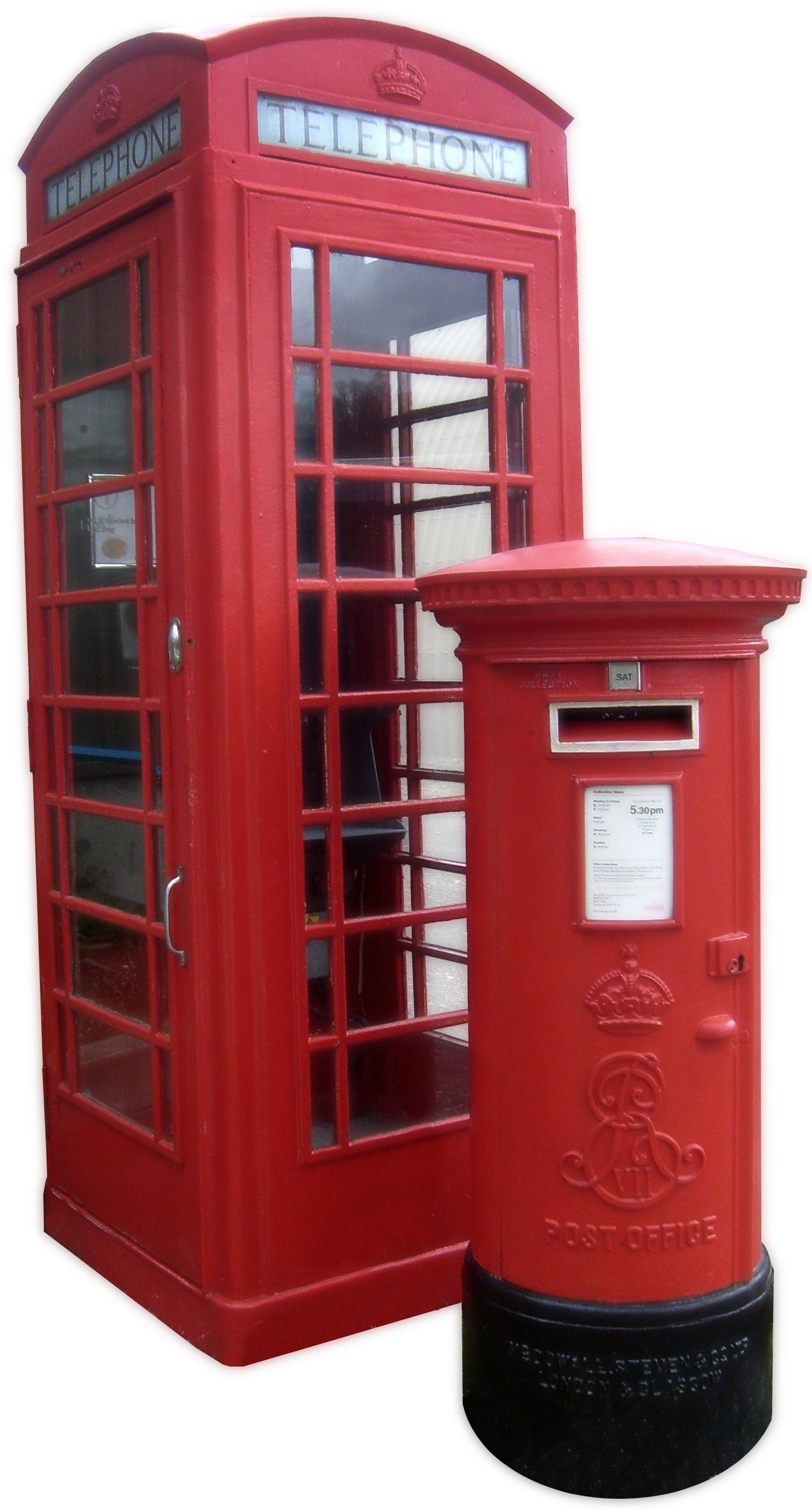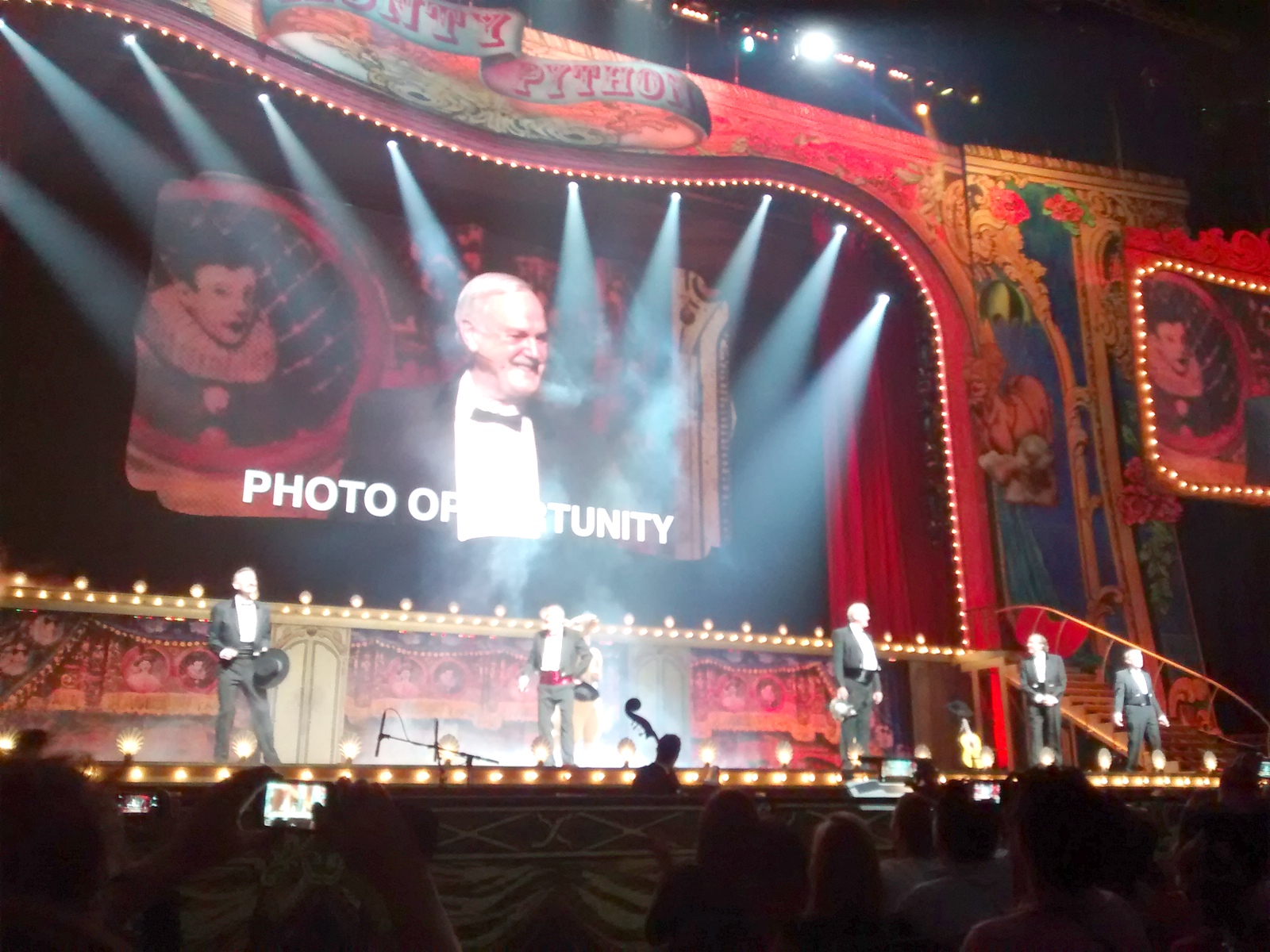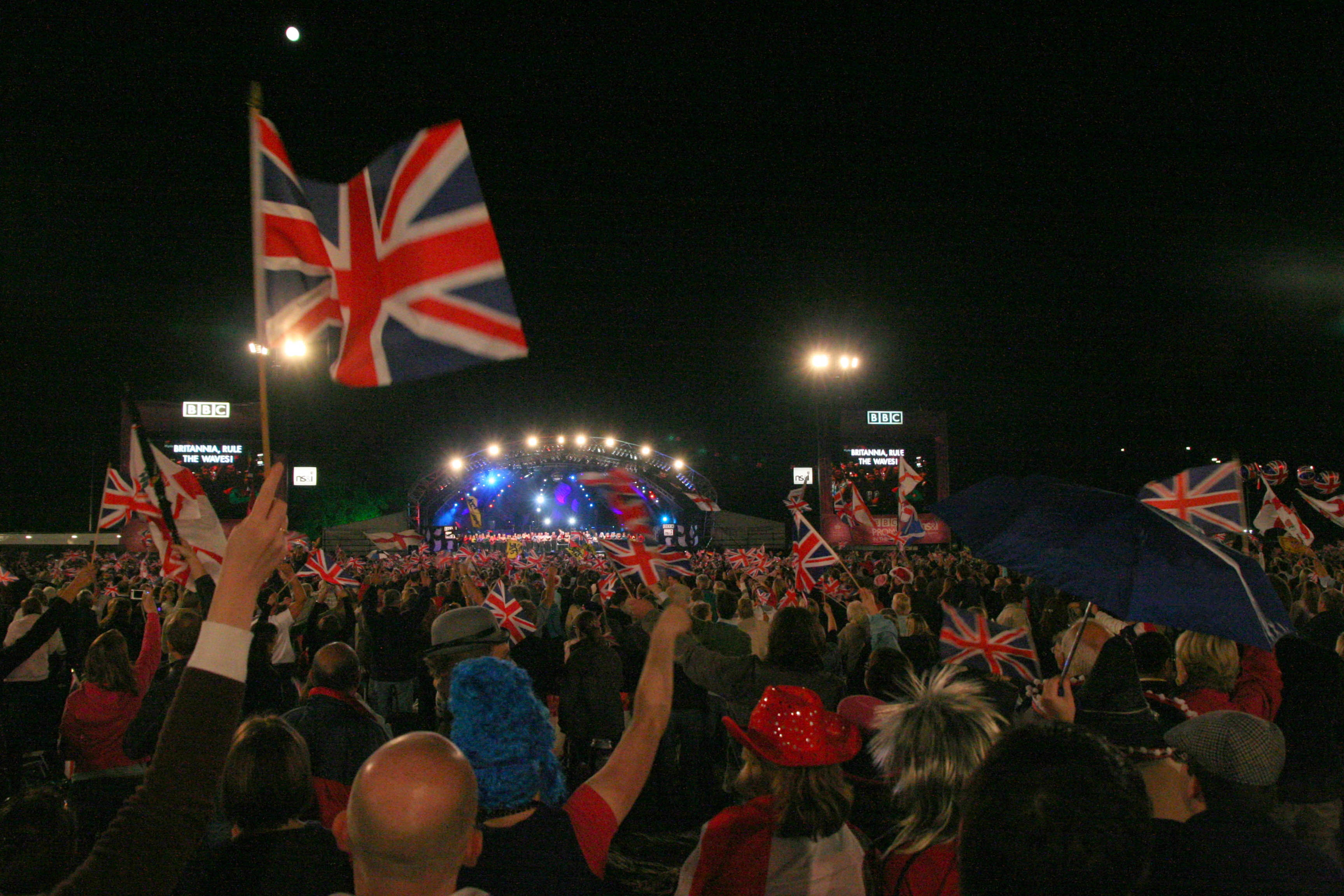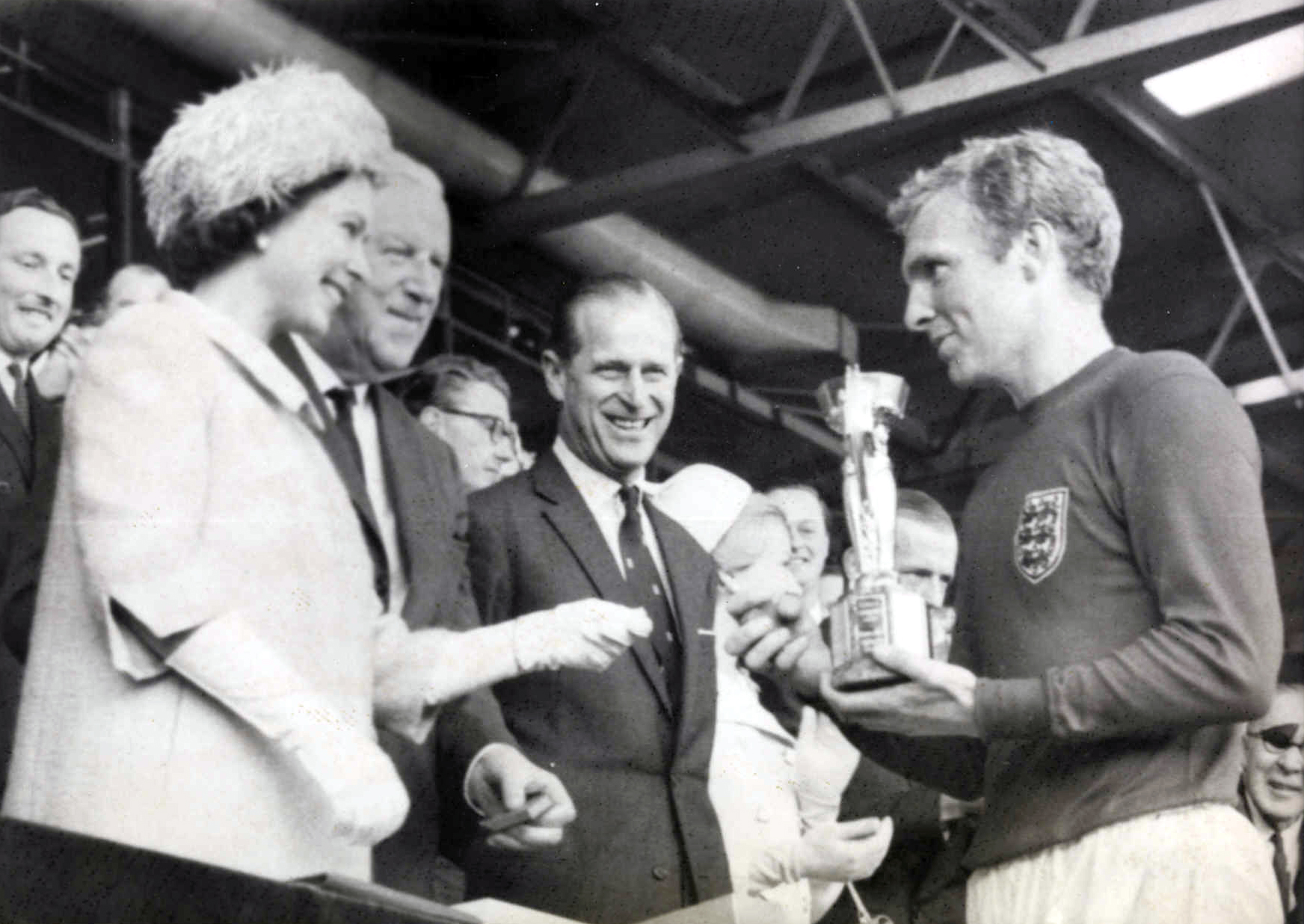There is a common anecdote that sounds so true that nobody really bothered to check its veracity, ye, somehow it doesn’t need verification, as it is certainly accurate. Namely, there was a thick fog over the English Channel (it is funny enough that the Brits call La Manche that way, right?) and the BBC reported “There is a thick fog over the Channel; the Continent is cut off from Britain”. Not vice versa. Britain cannot be cut off, because it is the centre of the word, the planet’s navel. That speaks volumes about the Brits and their mentality.







HOW TO BE AN ALIEN
Everybody seemed quite shocked by the results of the Brexit referendum, but I wasn’t – I even predicted the outcome. That’s because I have read extensively the works of George Mikes, a Hungarian Jew who fled to the UK and became an English writer. With typical Jewish humour and British precision, he juxtaposed the customs of the UK and the Continent, and it was hilarious. The book, entitled ‘How To Be an Alien’ was an instant hit. It pokes gentle fun at the English and their relationship with foreigners, with “alien” in this context meaning any non-English person. The book is characterised by much humour, affection and a total lack of rancour or bitterness. Some typical things that people in the UK adore include neutral conversations about politics or the weather. Mikes states “On the Continent there is one topic which should be avoided – the weather; in England, if you do not repeat the phrase “Lovely day, isn’t it?” at least two hundred times a day, you are considered a bit dull.” Not to offend anyone, right?
UNDERSTATEMENT AND OVERSTATEMENT
There is a well know story about the British understatement, as opposed to the Italian or even American overstatement. When a Brit wants to explode with excitement, he will say “Not bad, Really not too bad at all”. And when something is absolutely awful it might be “Not particularly good”. An unfortunate story from the Korean War illustrates this. “In April 1951, some 650 British fighting men – soldiers and officers from the 1st Battalion, Gloucestershire Regiment – were deployed along the most important crossing of the Imjin River to block the traditional invasion route to Seoul. The Chinese sent an entire division – 10,000 men – to smash the isolated Gloucesters aside in a major offensive aimed at taking the entire Korean peninsula, with the small British force gradually surrounded and overwhelmed. After two days of fighting, an American, Major General Robert H Soule, asked the British brigadier, Thomas Brodie: “How are the Glosters doing?” The brigadier, schooled in Britain and thus armed with British humour, replied: “A bit sticky; things are pretty sticky down there”. To American ears, this did not sound desperate, and so he ordered them to stand fast. Only 40 Glosters managed to escape” – that’s according to the history book. And the Brits maintain a deadpan expression when telling jokes, which makes it even funnier. Being cool is a British invention. Even when under ultimate peril, the coolest guy in the world used understatement in his announcement. His name is Eric Moody. During the Kuala Lumpur-to-Perth leg of British Airways Flight 9 on 24th June 1982, volcanic ash caused all four engines of his Boeing 747 aircraft to fail. Although pressed for time, with the aircraft rapidly losingt altitude, Captain Moody still managed to make an announcement to the passengers: “Ladies and Gentlemen, this is your Captain speaking. We have a small problem. All four engines have stopped. We are doing our damnedest to get them going again. I trust you are not in too much distress.” Cool, huh? And nuanced. As Mikes says: “On the other hand, people on the Continent either tell you the truth or they lie; in England they hardly ever lie, but they would not dream of telling you the truth.” Funny, charming spirit!